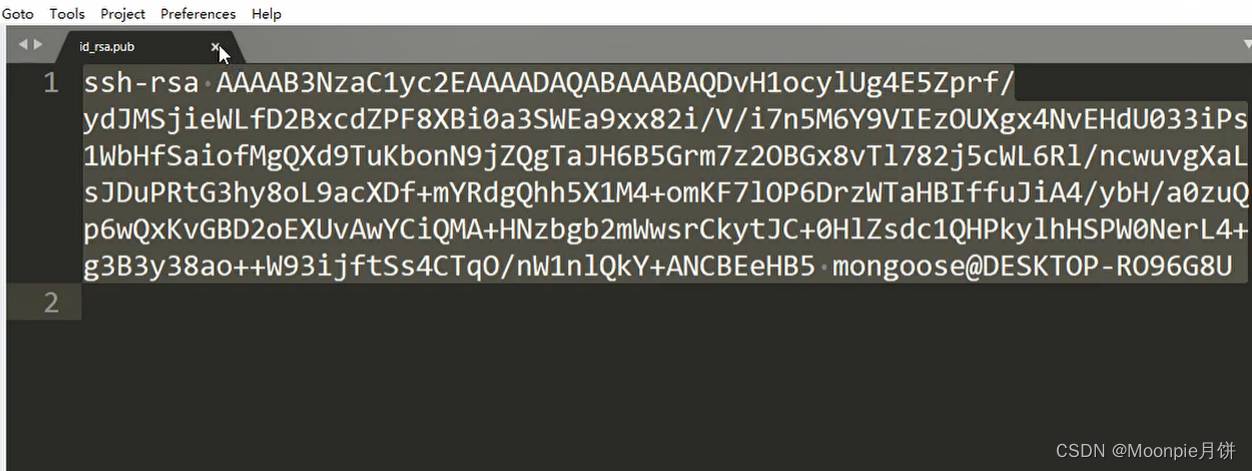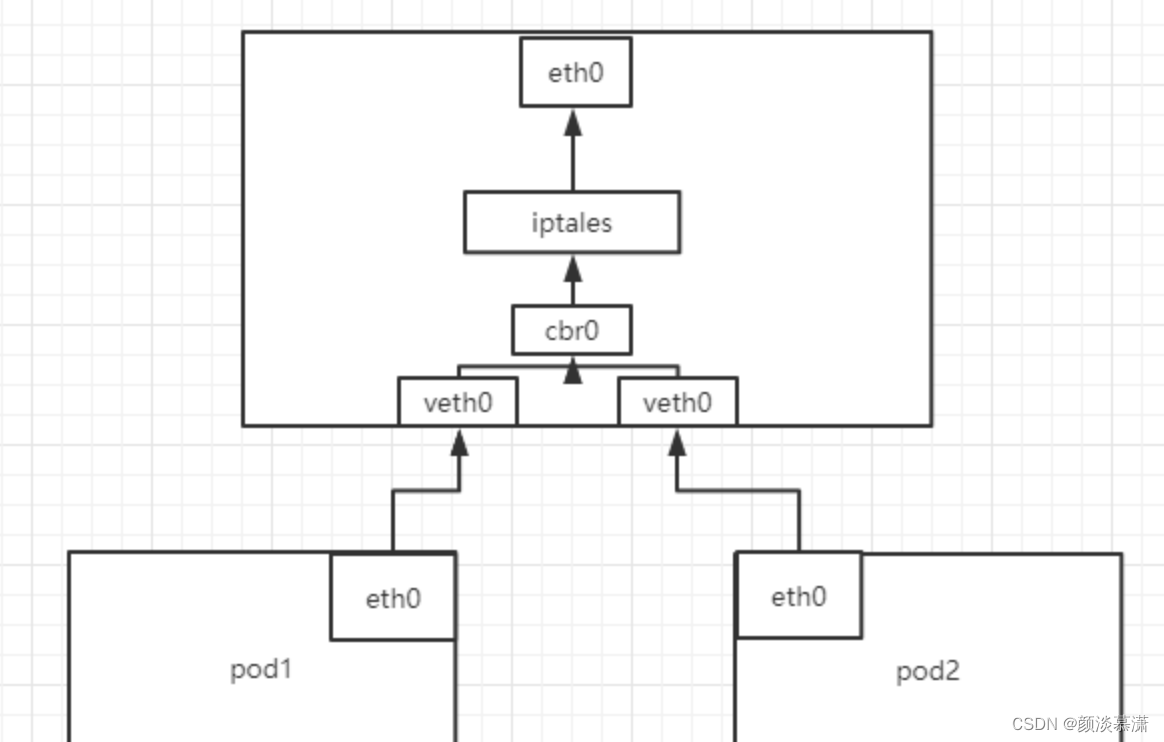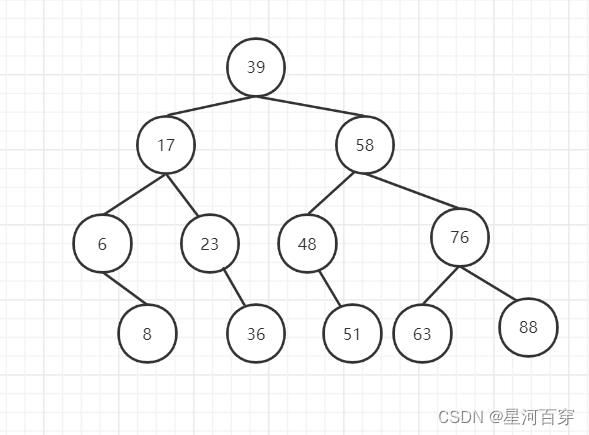众所周知,redis是C语言写的。那么main函数来一波
int main(int argc, char **argv) {
struct timeval tv;
int j;
//运行测试方法
#ifdef REDIS_TEST
if (argc == 3 && !strcasecmp(argv[1], "test")) {
if (!strcasecmp(argv[2], "ziplist")) {
return ziplistTest(argc, argv);
} else if (!strcasecmp(argv[2], "quicklist")) {
quicklistTest(argc, argv);
} else if (!strcasecmp(argv[2], "intset")) {
return intsetTest(argc, argv);
} else if (!strcasecmp(argv[2], "zipmap")) {
return zipmapTest(argc, argv);
} else if (!strcasecmp(argv[2], "sha1test")) {
return sha1Test(argc, argv);
} else if (!strcasecmp(argv[2], "util")) {
return utilTest(argc, argv);
} else if (!strcasecmp(argv[2], "endianconv")) {
return endianconvTest(argc, argv);
} else if (!strcasecmp(argv[2], "crc64")) {
return crc64Test(argc, argv);
} else if (!strcasecmp(argv[2], "zmalloc")) {
return zmalloc_test(argc, argv);
}
return -1; /* test not found */
}
#endif
/* We need to initialize our libraries, and the server configuration. */
#ifdef INIT_SETPROCTITLE_REPLACEMENT
spt_init(argc, argv);
#endif
setlocale(LC_COLLATE,"");
tzset(); /* Populates 'timezone' global. */
zmalloc_set_oom_handler(redisOutOfMemoryHandler);
srand(time(NULL)^getpid());
gettimeofday(&tv,NULL);
char hashseed[16];
getRandomHexChars(hashseed,sizeof(hashseed));
dictSetHashFunctionSeed((uint8_t*)hashseed);
server.sentinel_mode = checkForSentinelMode(argc,argv);
//初始化默认配置
initServerConfig();
moduleInitModulesSystem();
/* Store the executable path and arguments in a safe place in order
* to be able to restart the server later. */
server.executable = getAbsolutePath(argv[0]);
server.exec_argv = zmalloc(sizeof(char*)*(argc+1));
server.exec_argv[argc] = NULL;
for (j = 0; j < argc; j++) server.exec_argv[j] = zstrdup(argv[j]);
/* We need to init sentinel right now as parsing the configuration file
* in sentinel mode will have the effect of populating the sentinel
* data structures with master nodes to monitor. */
//哨兵模式
if (server.sentinel_mode) {
initSentinelConfig();
initSentinel();
}
/* Check if we need to start in redis-check-rdb/aof mode. We just execute
* the program main. However the program is part of the Redis executable
* so that we can easily execute an RDB check on loading errors. */
//持久化文件检查
if (strstr(argv[0],"redis-check-rdb") != NULL)
redis_check_rdb_main(argc,argv,NULL);
else if (strstr(argv[0],"redis-check-aof") != NULL)
redis_check_aof_main(argc,argv);
//加载运行参数/配置文件
if (argc >= 2) {
j = 1; /* First option to parse in argv[] */
sds options = sdsempty();
char *configfile = NULL;
/* Handle special options --help and --version */
if (strcmp(argv[1], "-v") == 0 ||
strcmp(argv[1], "--version") == 0) version();
if (strcmp(argv[1], "--help") == 0 ||
strcmp(argv[1], "-h") == 0) usage();
if (strcmp(argv[1], "--test-memory") == 0) {
if (argc == 3) {
memtest(atoi(argv[2]),50);
exit(0);
} else {
fprintf(stderr,"Please specify the amount of memory to test in megabytes.\n");
fprintf(stderr,"Example: ./redis-server --test-memory 4096\n\n");
exit(1);
}
}
/* First argument is the config file name? */
if (argv[j][0] != '-' || argv[j][1] != '-') {
configfile = argv[j];
server.configfile = getAbsolutePath(configfile);
/* Replace the config file in server.exec_argv with
* its absolute path. */
zfree(server.exec_argv[j]);
server.exec_argv[j] = zstrdup(server.configfile);
j++;
}
/* All the other options are parsed and conceptually appended to the
* configuration file. For instance --port 6380 will generate the
* string "port 6380\n" to be parsed after the actual file name
* is parsed, if any. */
while(j != argc) {
if (argv[j][0] == '-' && argv[j][1] == '-') {
/* Option name */
if (!strcmp(argv[j], "--check-rdb")) {
/* Argument has no options, need to skip for parsing. */
j++;
continue;
}
if (sdslen(options)) options = sdscat(options,"\n");
options = sdscat(options,argv[j]+2);
options = sdscat(options," ");
} else {
/* Option argument */
options = sdscatrepr(options,argv[j],strlen(argv[j]));
options = sdscat(options," ");
}
j++;
}
if (server.sentinel_mode && configfile && *configfile == '-') {
serverLog(LL_WARNING,
"Sentinel config from STDIN not allowed.");
serverLog(LL_WARNING,
"Sentinel needs config file on disk to save state. Exiting...");
exit(1);
}
resetServerSaveParams();
loadServerConfig(configfile,options);
sdsfree(options);
}
serverLog(LL_WARNING, "oO0OoO0OoO0Oo Redis is starting oO0OoO0OoO0Oo");
serverLog(LL_WARNING,
"Redis version=%s, bits=%d, commit=%s, modified=%d, pid=%d, just started",
REDIS_VERSION,
(sizeof(long) == 8) ? 64 : 32,
redisGitSHA1(),
strtol(redisGitDirty(),NULL,10) > 0,
(int)getpid());
if (argc == 1) {
serverLog(LL_WARNING, "Warning: no config file specified, using the default config. In order to specify a config file use %s /path/to/%s.conf", argv[0], server.sentinel_mode ? "sentinel" : "redis");
} else {
serverLog(LL_WARNING, "Configuration loaded");
}
server.supervised = redisIsSupervised(server.supervised_mode);
int background = server.daemonize && !server.supervised;
if (background) daemonize();
//初始化服务器
initServer();
if (background || server.pidfile) createPidFile();
redisSetProcTitle(argv[0]);
redisAsciiArt();
checkTcpBacklogSettings();
if (!server.sentinel_mode) {
/* Things not needed when running in Sentinel mode. */
serverLog(LL_WARNING,"Server initialized");
#ifdef __linux__
linuxMemoryWarnings();
#if defined (__arm64__)
int ret;
if ((ret = linuxMadvFreeForkBugCheck())) {
if (ret == 1)
serverLog(LL_WARNING,"WARNING Your kernel has a bug that could lead to data corruption during background save. "
"Please upgrade to the latest stable kernel.");
else
serverLog(LL_WARNING, "Failed to test the kernel for a bug that could lead to data corruption during background save. "
"Your system could be affected, please report this error.");
if (!checkIgnoreWarning("ARM64-COW-BUG")) {
serverLog(LL_WARNING,"Redis will now exit to prevent data corruption. "
"Note that it is possible to suppress this warning by setting the following config: ignore-warnings ARM64-COW-BUG");
exit(1);
}
}
#endif /* __arm64__ */
#endif /* __linux__ */
moduleLoadFromQueue();
InitServerLast();
//加载持久化文件内容
loadDataFromDisk();
if (server.cluster_enabled) {
if (verifyClusterConfigWithData() == C_ERR) {
serverLog(LL_WARNING,
"You can't have keys in a DB different than DB 0 when in "
"Cluster mode. Exiting.");
exit(1);
}
}
if (server.ipfd_count > 0)
serverLog(LL_NOTICE,"Ready to accept connections");
if (server.sofd > 0)
serverLog(LL_NOTICE,"The server is now ready to accept connections at %s", server.unixsocket);
} else {
InitServerLast();
sentinelIsRunning();
}
/* Warning the user about suspicious maxmemory setting. */
if (server.maxmemory > 0 && server.maxmemory < 1024*1024) {
serverLog(LL_WARNING,"WARNING: You specified a maxmemory value that is less than 1MB (current value is %llu bytes). Are you sure this is what you really want?", server.maxmemory);
}
//设置事件循环的beforeSleep方法
aeSetBeforeSleepProc(server.el,beforeSleep);
//设置事件循环的afterSleep方法
aeSetAfterSleepProc(server.el,afterSleep);
//事件循环
aeMain(server.el);
//退出循环后释放对应的空间
aeDeleteEventLoop(server.el);
return 0;
}
上面贴的直接是源码main方法。下面着重分析以下几点
1、如何加载配置的?
在4266行可以看到initServerChonfig方法

点进去看可以不难发现这里是redis的默认配置

回到main函数再往下看可以看到,当有配置文件或者启动命令带有的配置参数时会执行loadServerConfig方法覆盖上面initServerConfig的配置
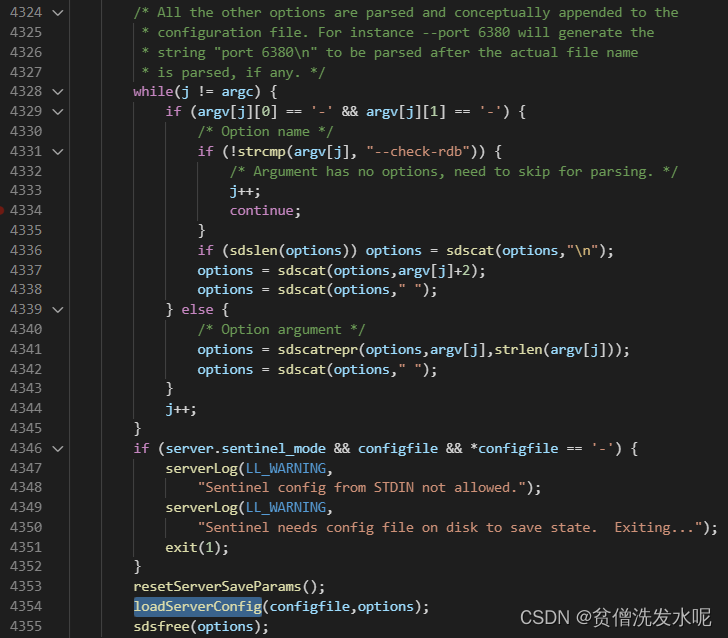
loadServerConfig具体的逻辑这里就贴上去了,大致就是解析配置文件/命令参数的一个取值,赋值的过程。
2、如何监听客户端请求、启动定时任务的?
继续往下看可以看到4377行的 initServer 方法

initServer主要就是初始化redisServer结构体,监听配置的端口,创建时间事件循环,文件事件循环,打开aof文件等
伪代码如下:
initServer() {
//…
//监听端口

//…
//创建时间事件监听:redis本身的一些定时任务,比如更新服务器时间缓存、更新LRU时钟、aof命令的追加等操作
//创建文件事件监听:当服务器有连接请求时执行连接处理器acceptTcpHandler的方法。连接处理器会新建一个套接字anetTcpAccept与客户端createClient,同时并监听套接字对应的文件事件与命令处理器readQueryFromClient做绑定用于处理连接后的命令请求。
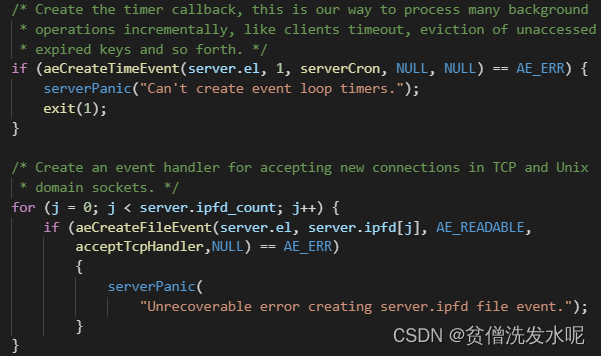
//…
//打开aof文件

//…
}
3、如何加载持久化文件的?
在4407的loadDataFromDisk

loadDataFromDisk
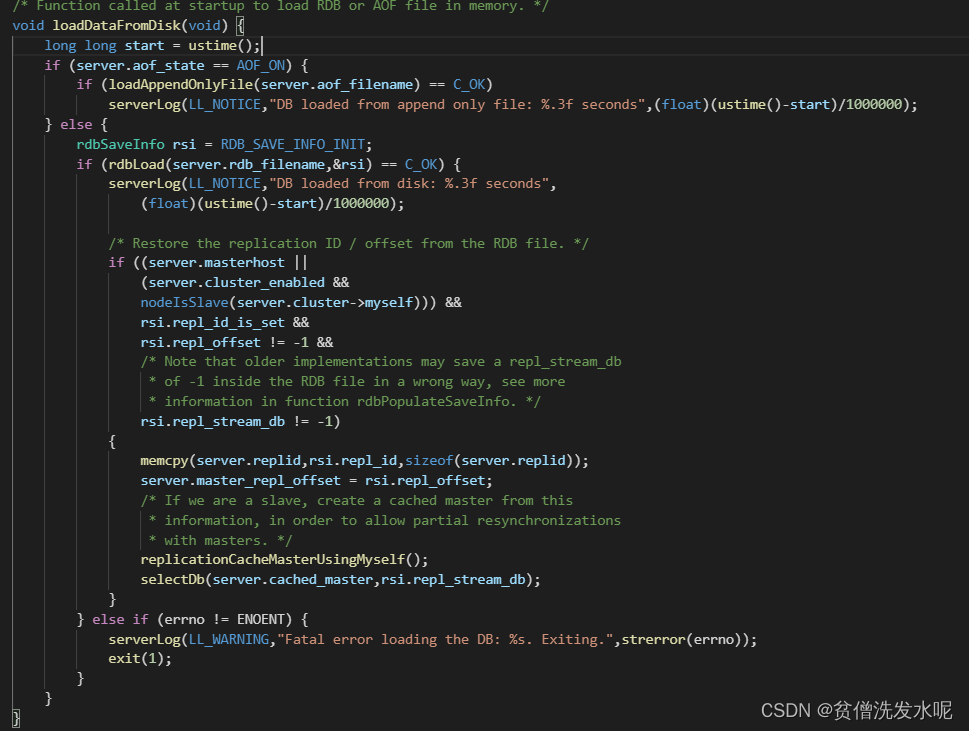
这个方法一看就知道aof和rdb同时开启的时候会以aof优先加载数据。
4、执行事件循环
aeMain即是对一个一个的事件进行处理。上面提到的时间事件,(连接/命令)文件事件。


5、写在最后
除此之外,main还有对自带的测试方法、–help,–version等命令,哨兵模式、是否开启了 redis-check-rdb/redis-check-aof 等做了处理。这里就不一一解释了,有兴趣看一眼源码或者是一开始贴的main代码就知道了。
参考文献:《Redis设计与实现》黄健宏著、redis-5.0.14源码
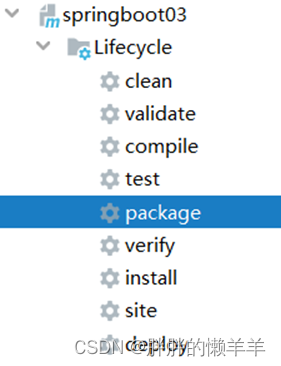



![[kafka]二.优化(如何保证不丢数据,且不重复[一次且仅一次])](https://img-blog.csdnimg.cn/15ecbbfbb4e949bcb86e8273b74f67f9.png)


